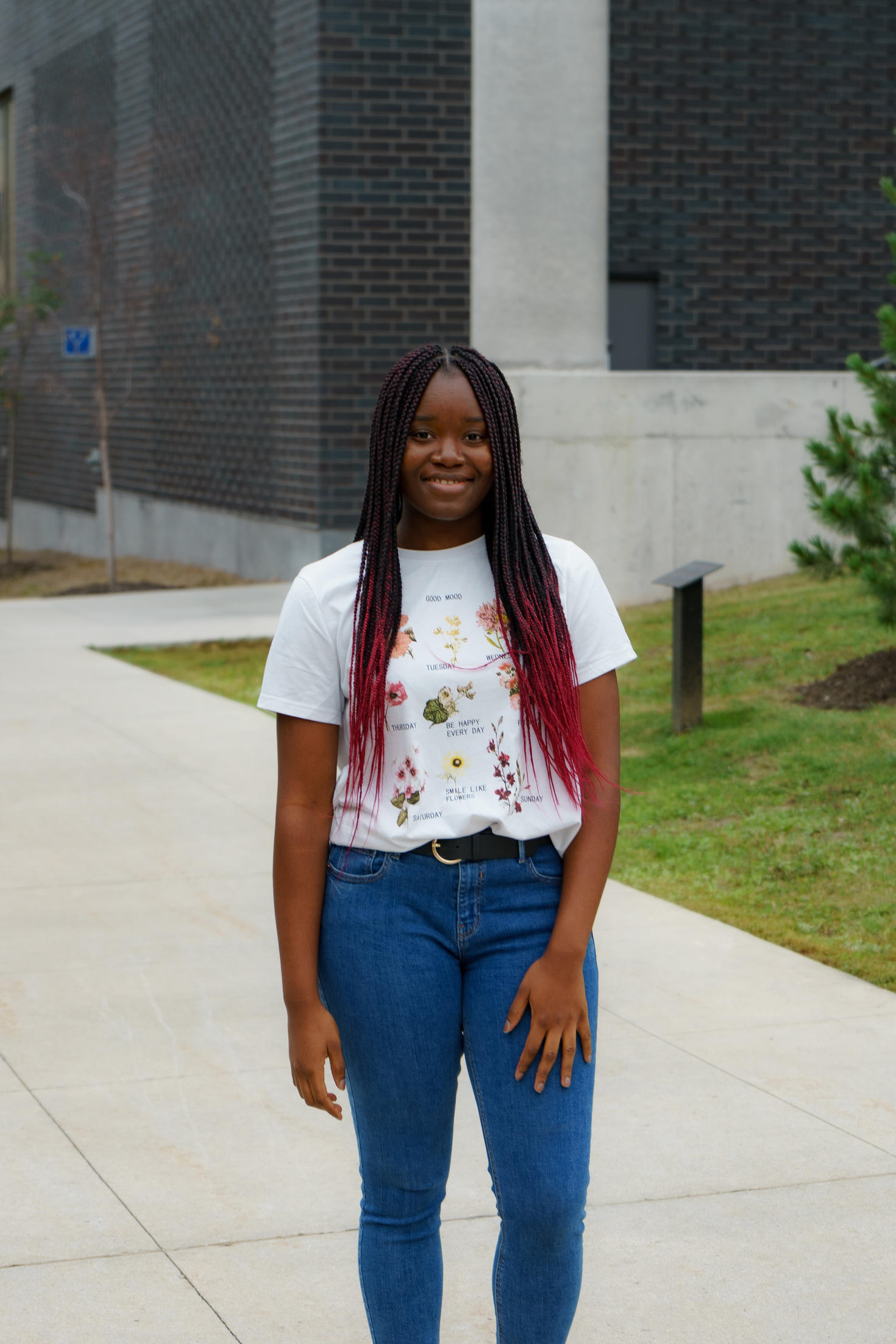Nearly all daily tasks, ranging from bank transactions, exchanging data and remote surveillance rely on the Internet. Due to risks of cyberattacks, cryptographers are tasked with the responsibility of ensuring the security of our computers and computer networks, against attacks that are fast becoming more and more advanced. This forces cryptographers to develop better algorithms, encryption methods and other security measures that protect organizations and customer data.

Nolive Gnan is an undergraduate student in her 3rd year at the University of Ottawa and is one of many junior researchers working on an emerging area called post-quantum cryptography. Research in this area is focused on developing the next generation of security algorithms, ones that will protect users even in the event that attackers have access to large-scale quantum computers. Under Professor Monica Nevins’ supervision, Nolive seeks to better understand the strengths and weaknesses of some of the key algebraic algorithms being proposed for post-quantum security today. One of her findings, which she presented to the Quantum Security via Algebras and Representation Theory (QUASAR) research group at uOttawa was that the important McEliece encryption system fails to achieve the highest security level of CCA2.
Her position as a student with Prof. Monica Nevins was possible due to a New Frontiers in Research Fund (NFRF) grant, which launched QUASAR, whose focus is the highly mathematical area of cryptography in the coming era of quantum computers.
Nolive is looking forward to pursuing her courses and coop placements in order to deepen her understanding in Computer Science and Mathematics while keeping up with post-quantum cryptography. Nolive says that organization, time management and support from Prof. Nevins enabled her to accomplish her work, especially when working from home. She is hopeful that the collective research efforts in cybersecurity will help secure our data in the future – one bit at a time.
Read more:


